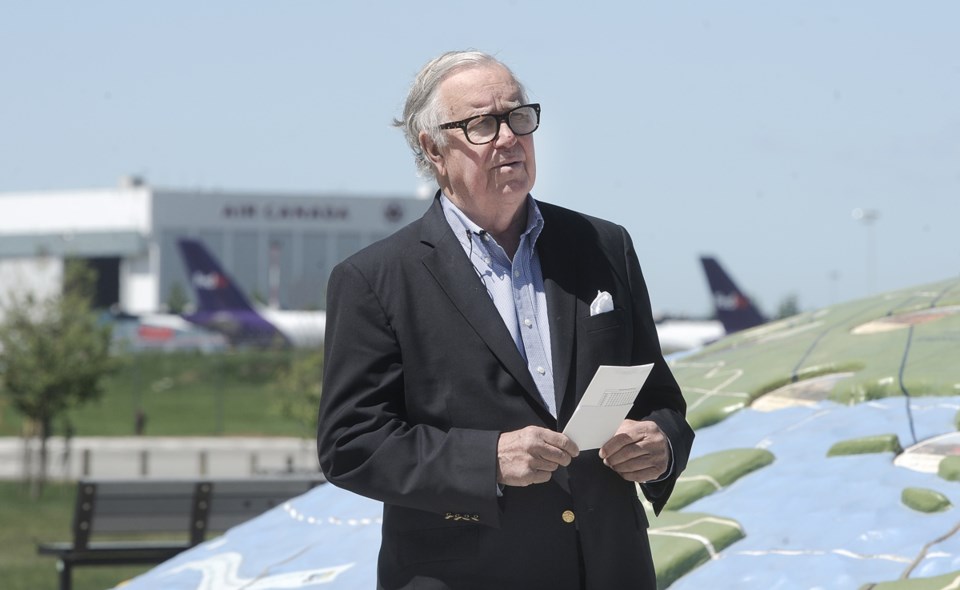Vancouver airport’s plans to have jets depart on a second runway to accommodate heavy summer traffic has some residents complaining that YVR is bending the rules put in place for the north runway when it was built.
And they’re worried the airport’s noise pollution will only get worse, affect more people and continue year-round as YVR grows.
A federal Environmental Assessment Review Process, when the extra runway was built in the 1990s, gave it the green light, providing it was only used for jet departures when heavily congested.
Jonathan Parker, who sits on YVR’s Aeronautical Noise Management Committee as a Vancouver resident, says YVR’s statistics show aircraft traffic — not passengers — has increased minimally, due to larger planes.
“The mandate was they would not use the north runway until they needed to for congestion,” said Parker, who lives near Marine Drive.
But YVR says it’s operating within the EARP recommendations and needs the extra runway to reduce delays. It announced this week it would use it during peak summer times, as it does every summer, and would review operations to see if it would continue through the fall and winter.
But Parker said aircraft movements, excluding helicopters and seaplanes, at YVR in 1995 were at 268,000, peaking at 324,000 in 1999, before dropping to 278,000 last year. He said YVR should consider a reservation system instead of first-come, first-served for departures as used by larger U.S. airports and called for an independent audit of volume.
But YVR spokeswoman Anne Murray said the annual totals don’t take into account summer or daytime peaks “when it’s much, much busier” and she said YVR expected by 2001 to be using the north runway for jet departures.
“We understand people are concerned about the noise,” said Murray, adding that’s balanced against the need for efficient operations. She said YVR isn’t busy enough for a reservation system for departures.
YVR last year received 1,667 noise complaints from 298 people, but five people made 77 per cent of all complaints. At its 20 noise-monitoring terminals recording “single-event noise levels” over 70 A-weighted decibels, most were in Richmond, from 10 to 180 (in Burkeville) a day. Vancouver’s greatest average was in Marpole, at seven a day.
Parker said planes have become quieter, but the noise will affect a large swath of Vancouver, from Camosun to Knight streets and 41st Avenue to the north, and worries it will worsen with YVR’s growth.
Transport Canada’s Sara Johnston said airports are responsible for noise complaints from within 18 kilometres and they and residents are “encouraged to work together to determine the best noise-control measures.”
In the late 1990s, Vancouver’s environmental health director sat on YVR’s noise committee and noted in a report that YVR had almost immediate plans to use the then new north runway for departing jets before a demonstrated need, contrary to the EARP, the same point Parker is making almost 20 years later.
For more stories, go to TheProvince.com



